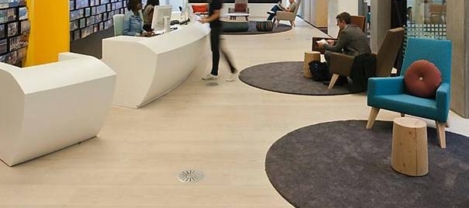December 10, 2015
When performance management really can produce positive results 0
 Performance management processes have come under regular fire for being ineffective, time consuming, and quite frankly not fit for purpose. And it’s no surprise to discover exactly why employers are so justifiably disappointed in outdated performance management processes. Recent research from Towers Watson demonstrated that only 36 percent of companies consider their performance management process to be valuable, and some companies have even decided to scrap performance management altogether. While many of us don’t disagree that as a whole performance management processes aren’t producing the results that they should be, that doesn’t mean companies should be eliminating performance management from their organisation altogether. Instead, companies need to take steps to find a performance management process that gets positive results.
Performance management processes have come under regular fire for being ineffective, time consuming, and quite frankly not fit for purpose. And it’s no surprise to discover exactly why employers are so justifiably disappointed in outdated performance management processes. Recent research from Towers Watson demonstrated that only 36 percent of companies consider their performance management process to be valuable, and some companies have even decided to scrap performance management altogether. While many of us don’t disagree that as a whole performance management processes aren’t producing the results that they should be, that doesn’t mean companies should be eliminating performance management from their organisation altogether. Instead, companies need to take steps to find a performance management process that gets positive results.



































December 15, 2015
Focus on women on boards masks other determinants of female leadership 0
by Sara Bean • Comment, Legal news, News, Workplace
More →